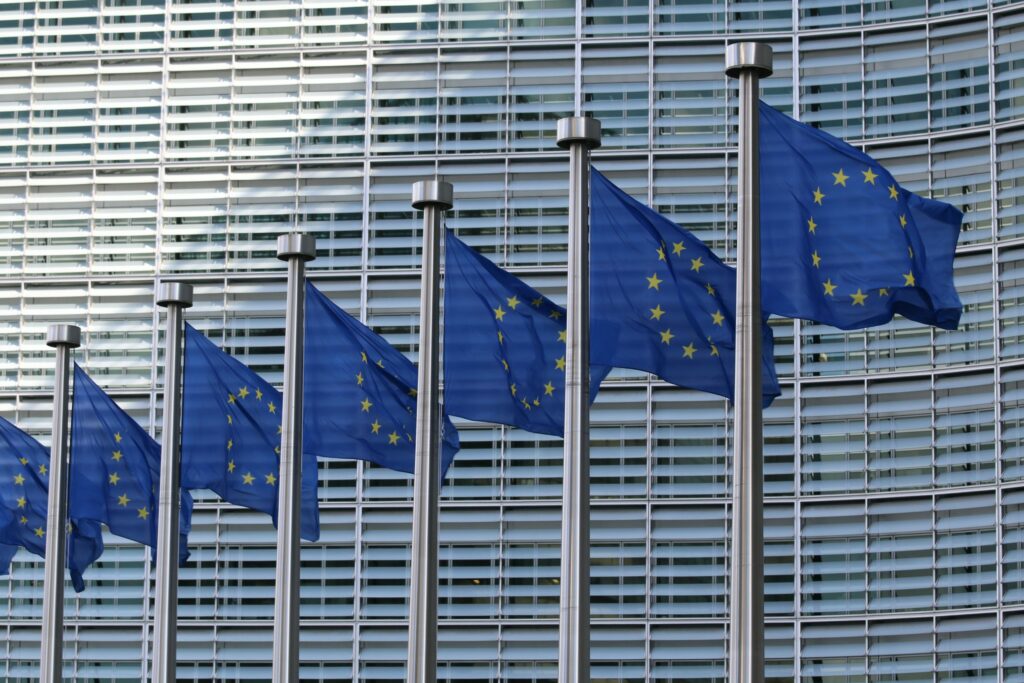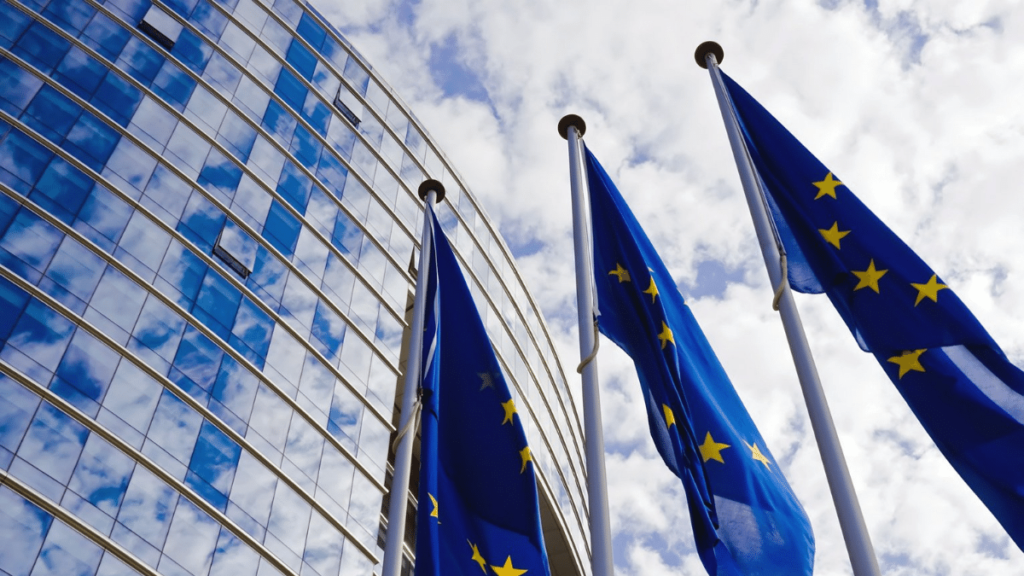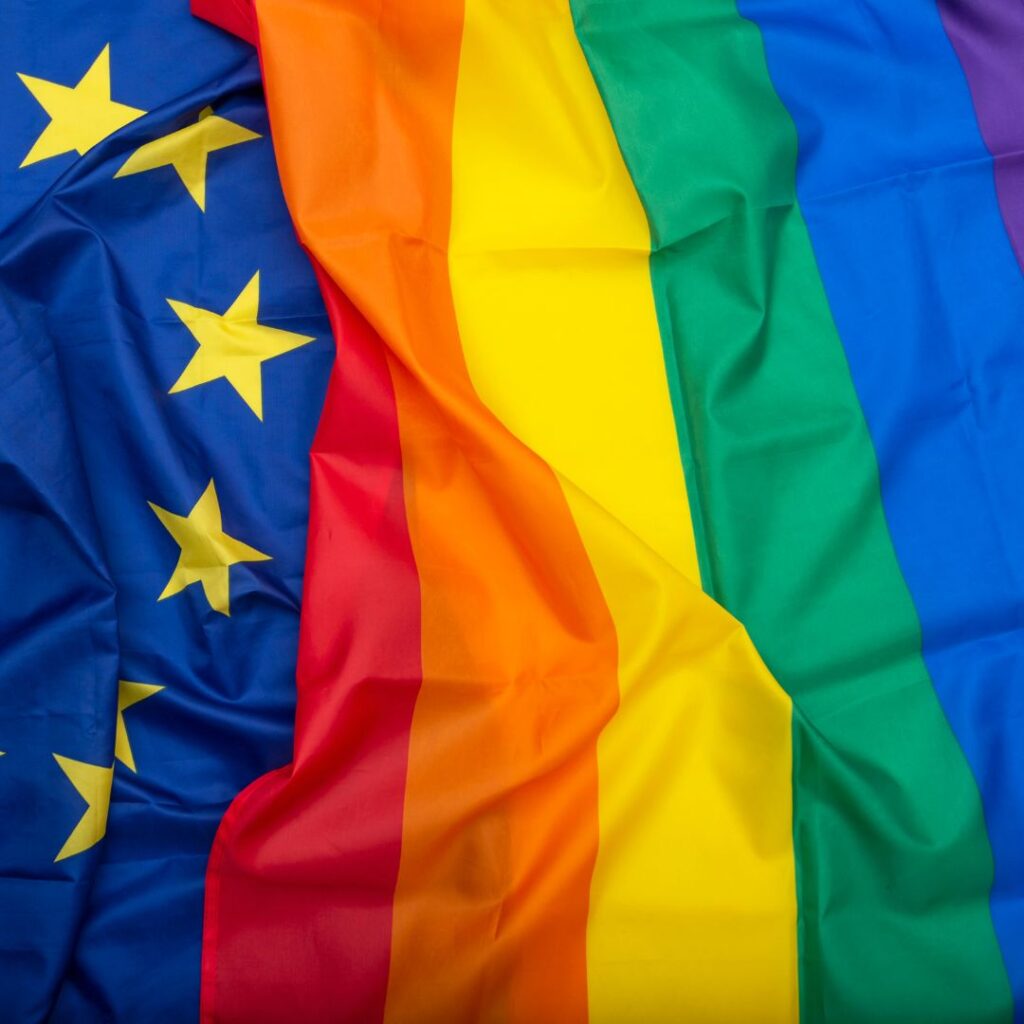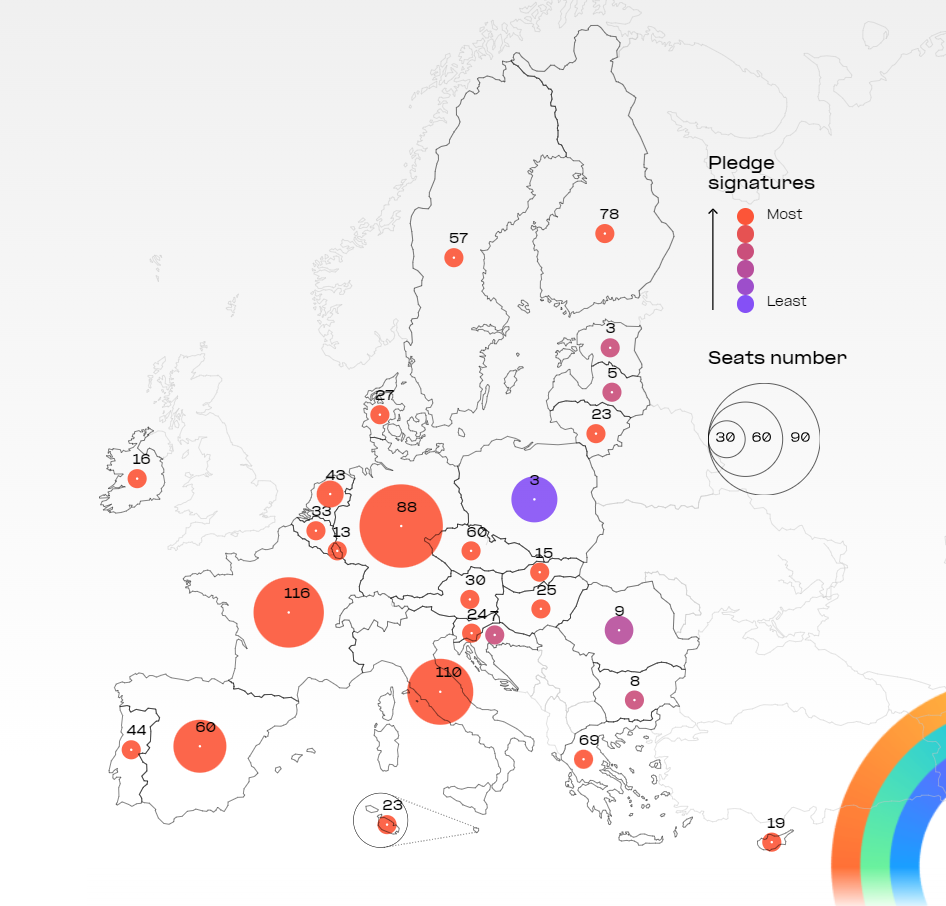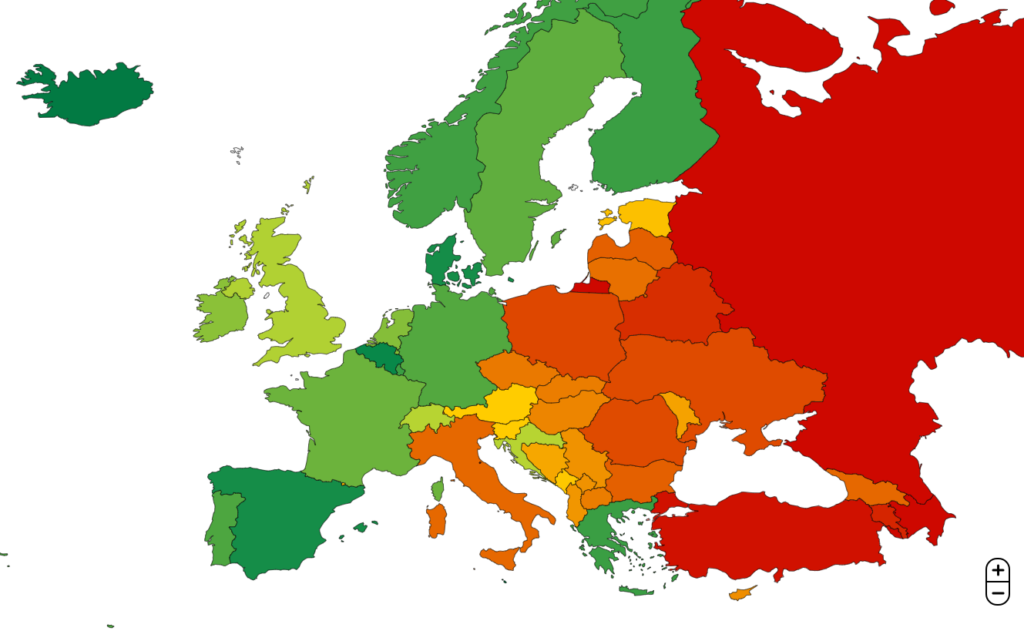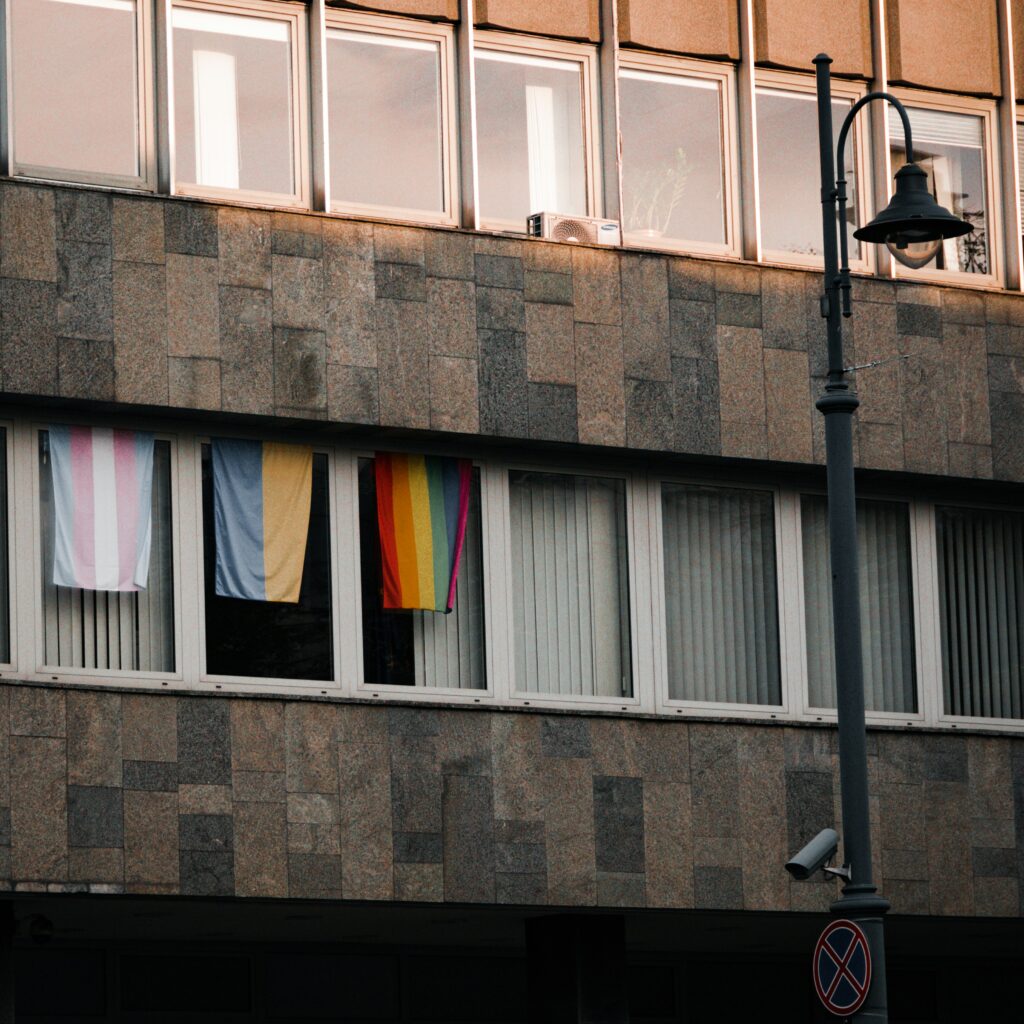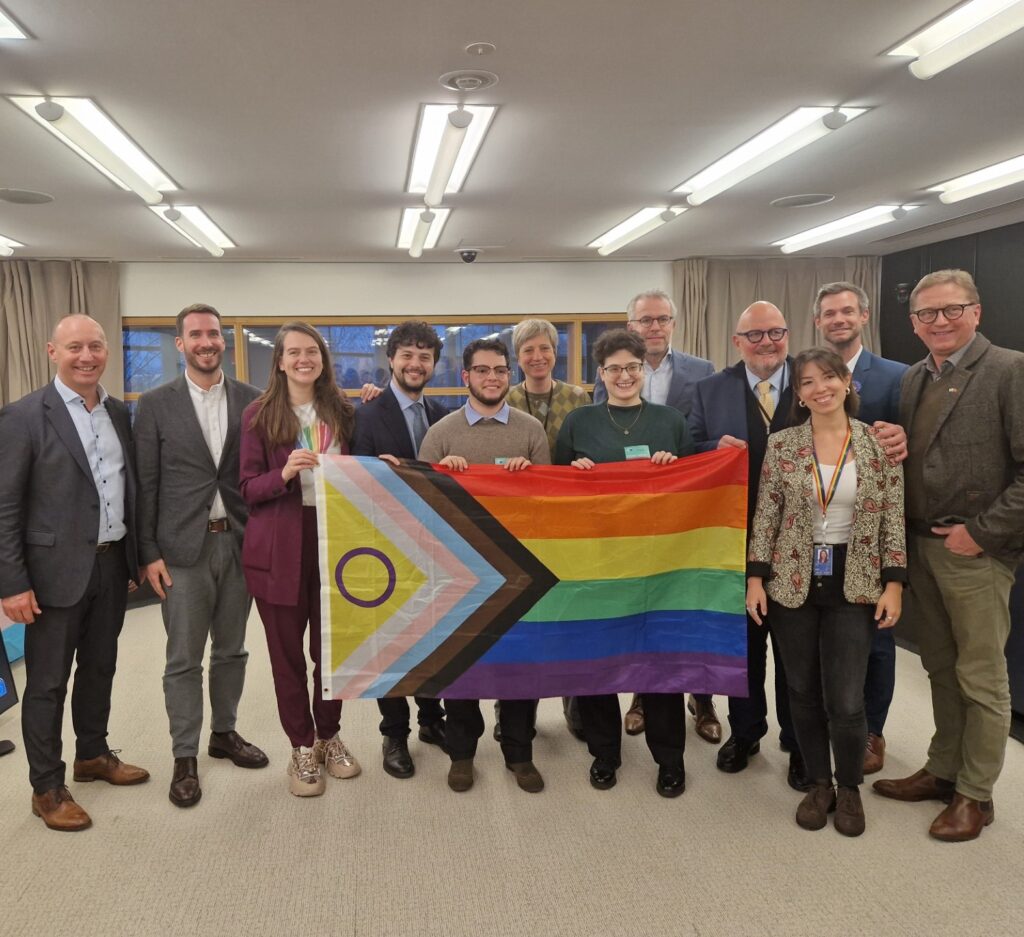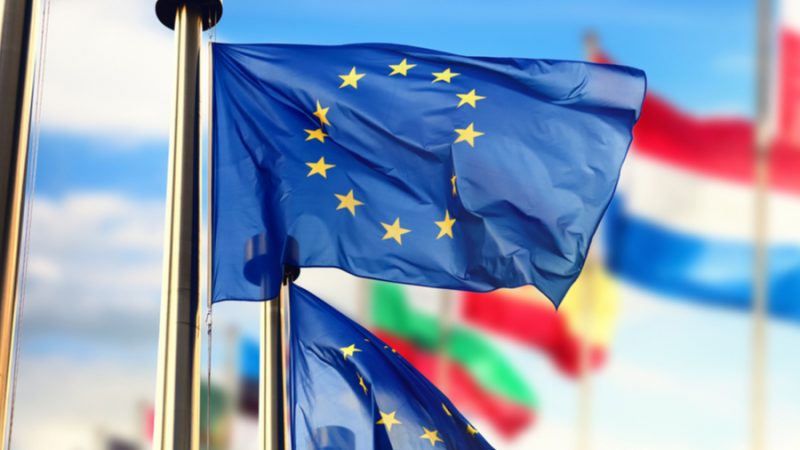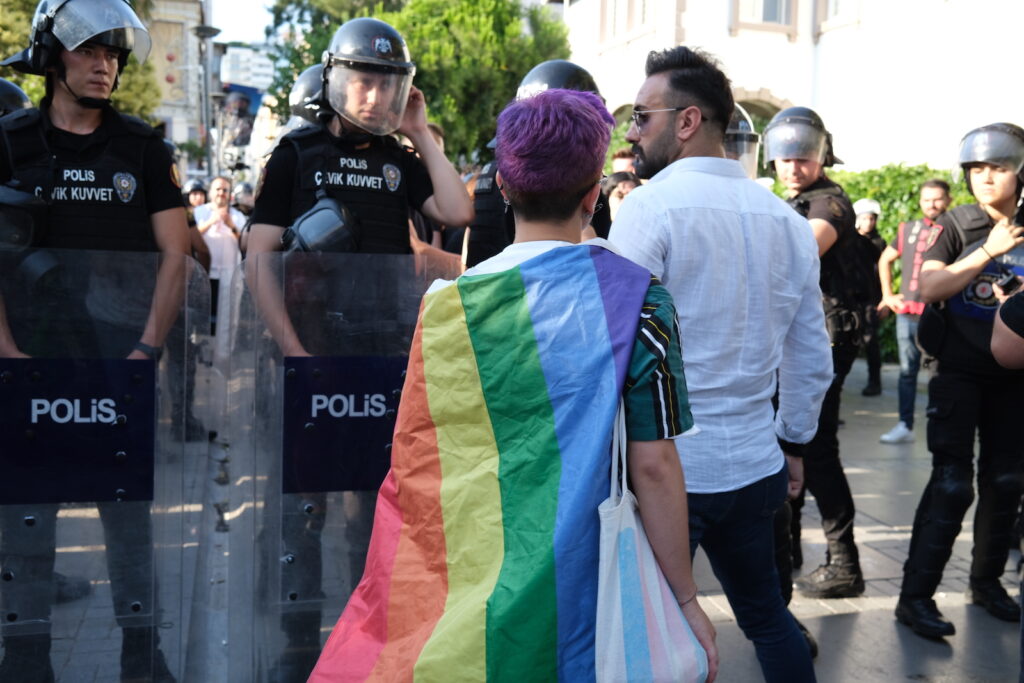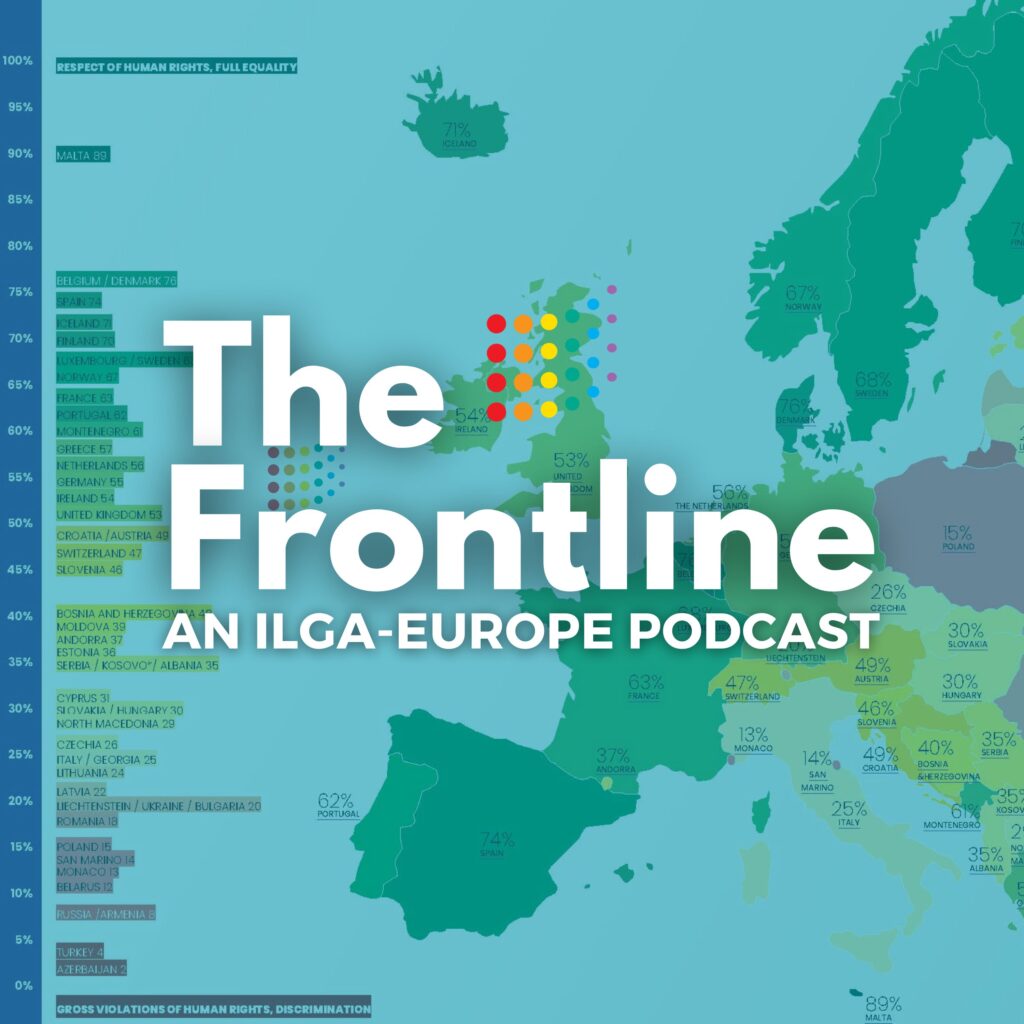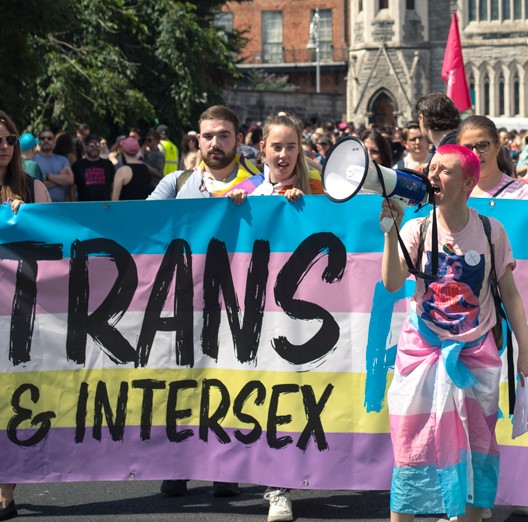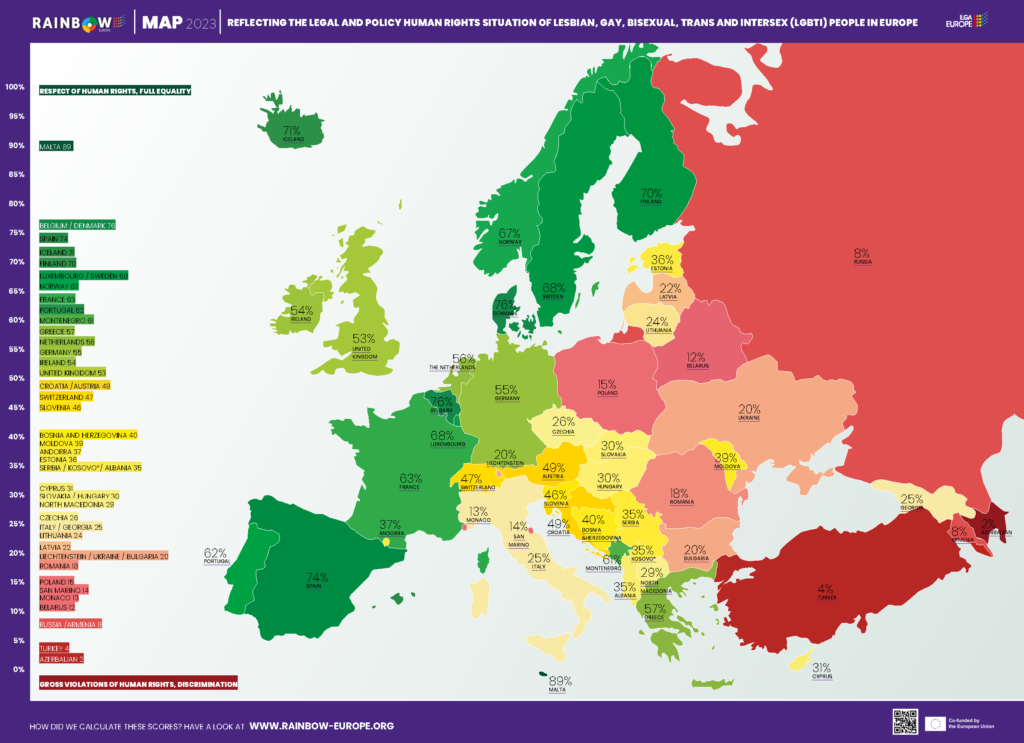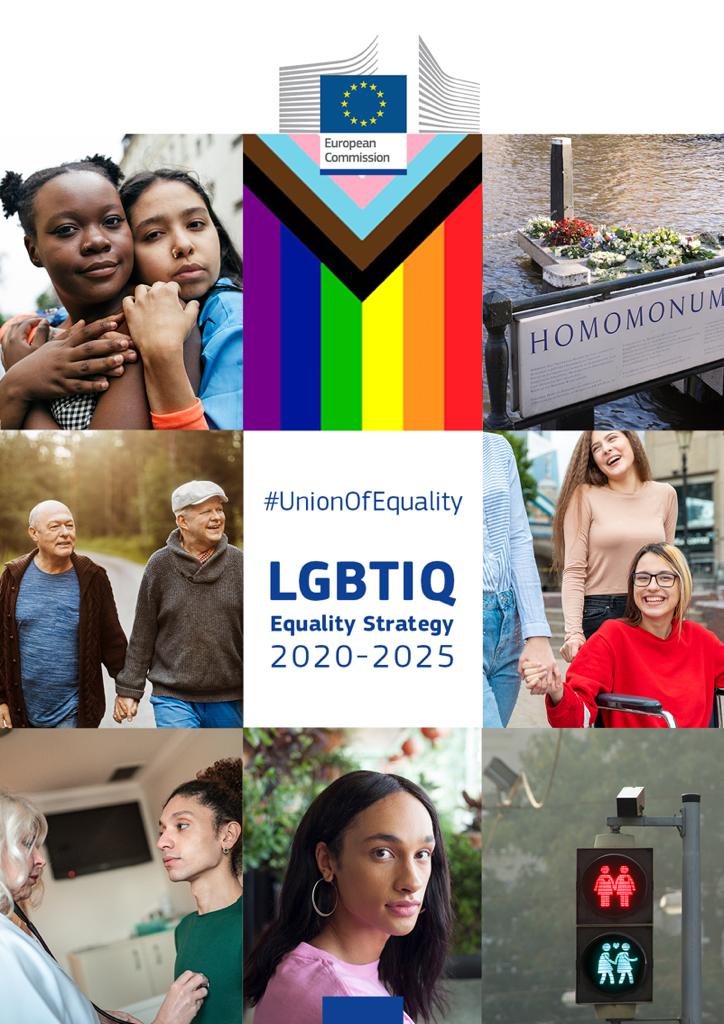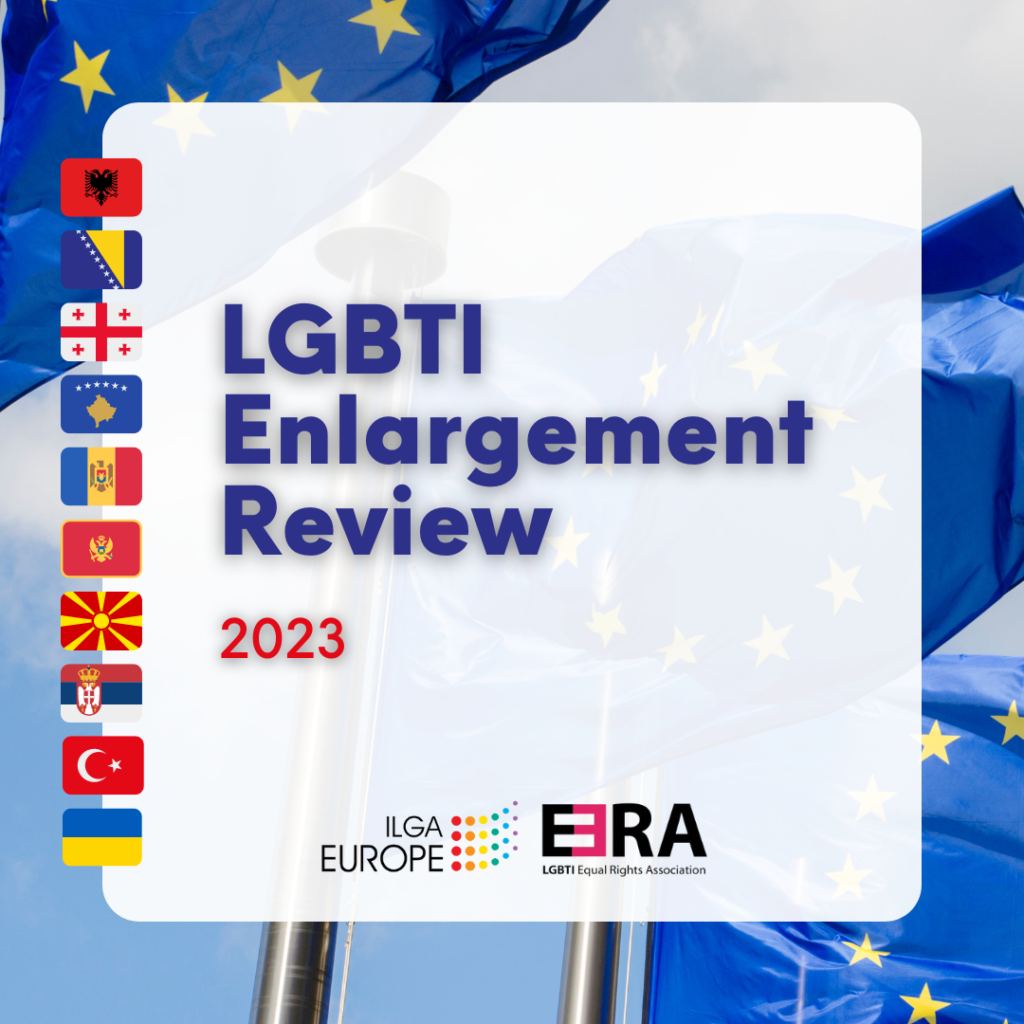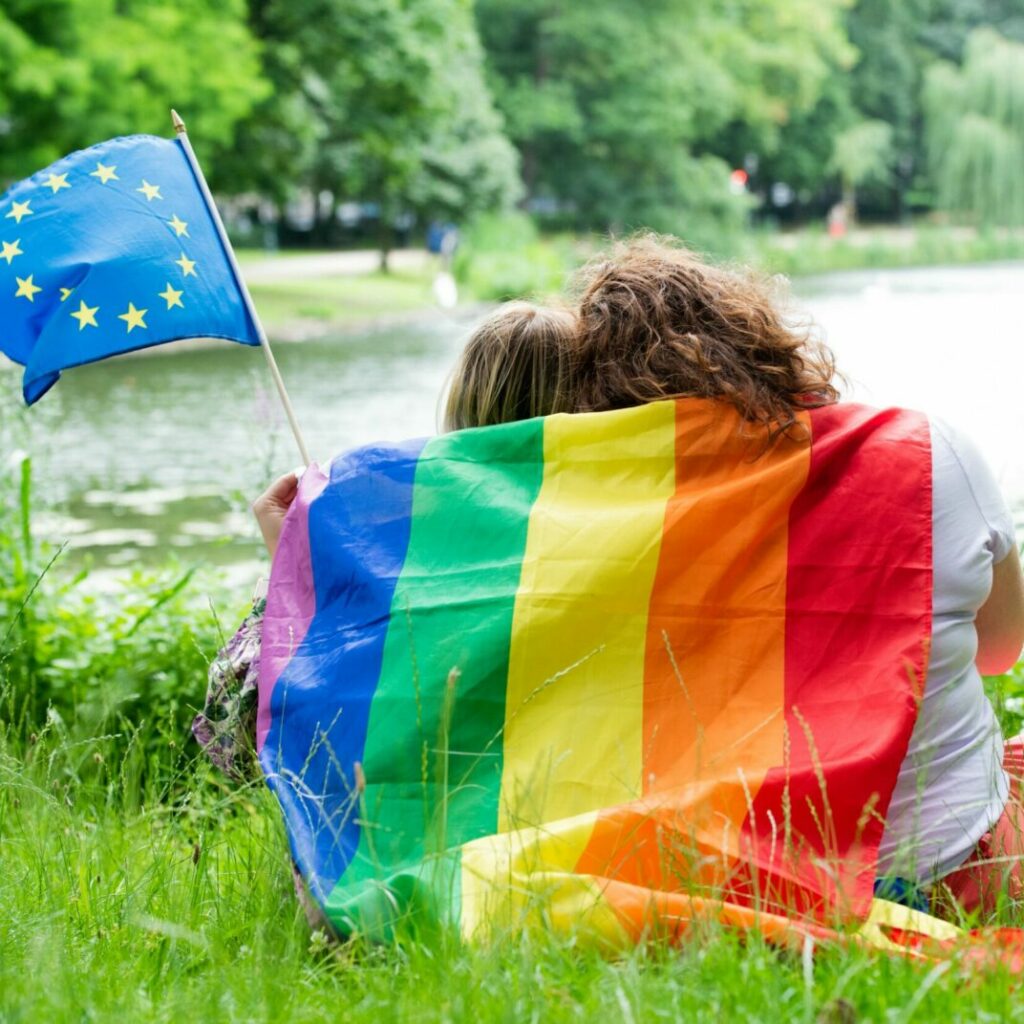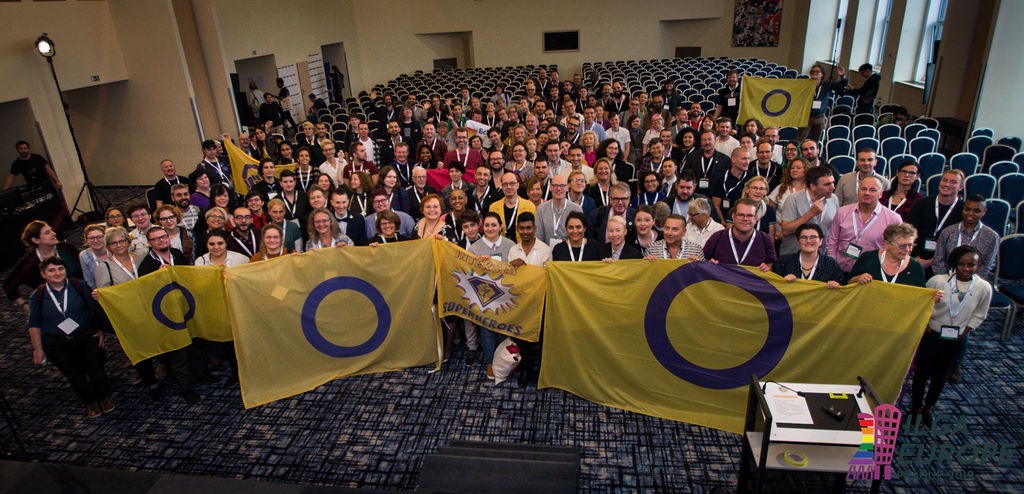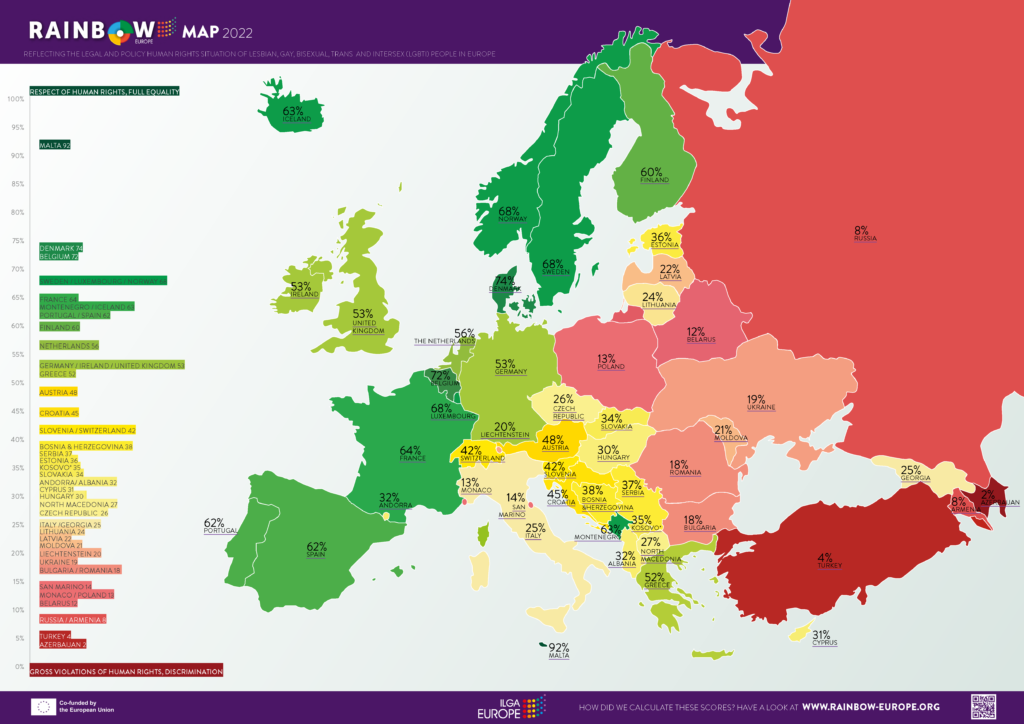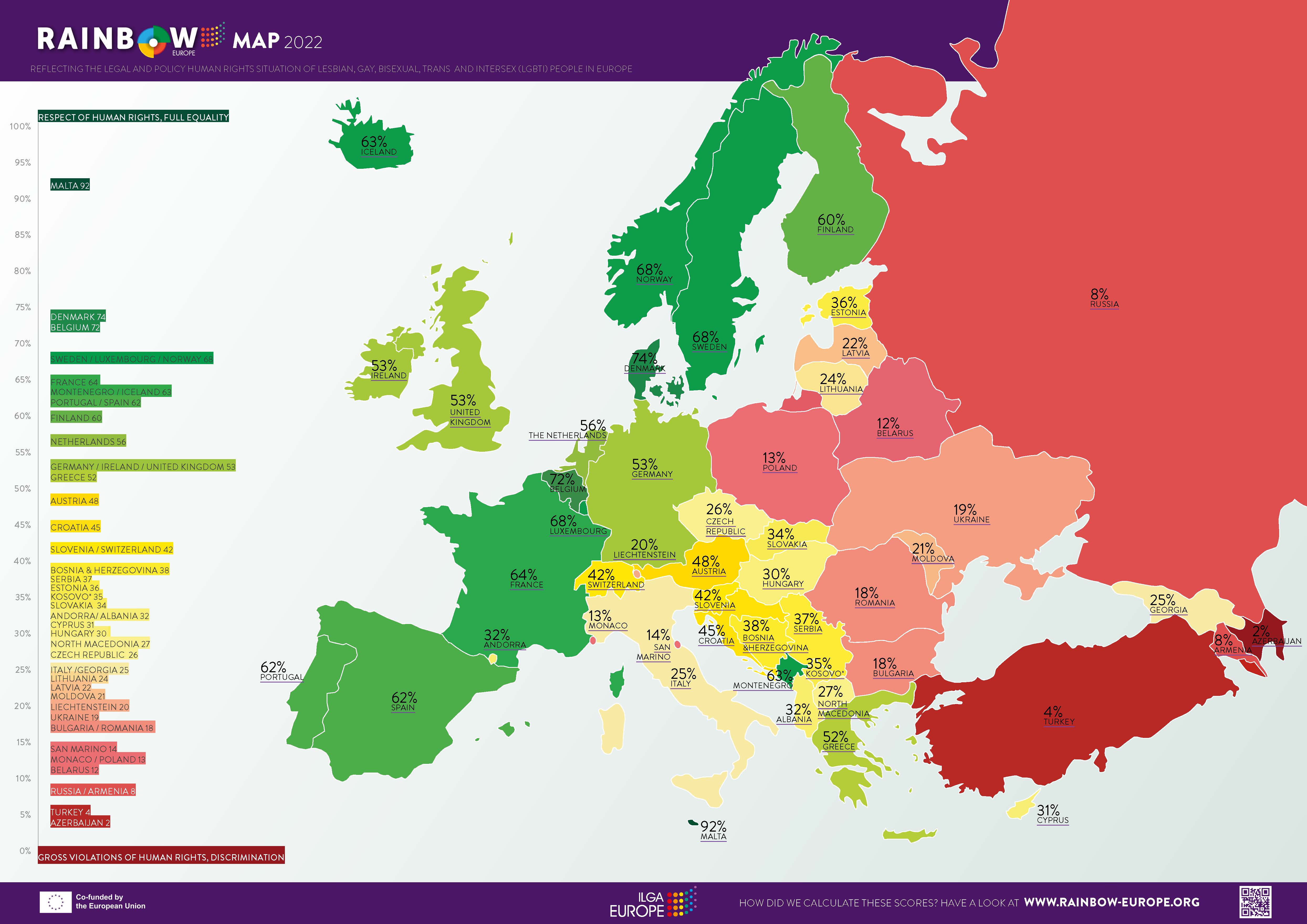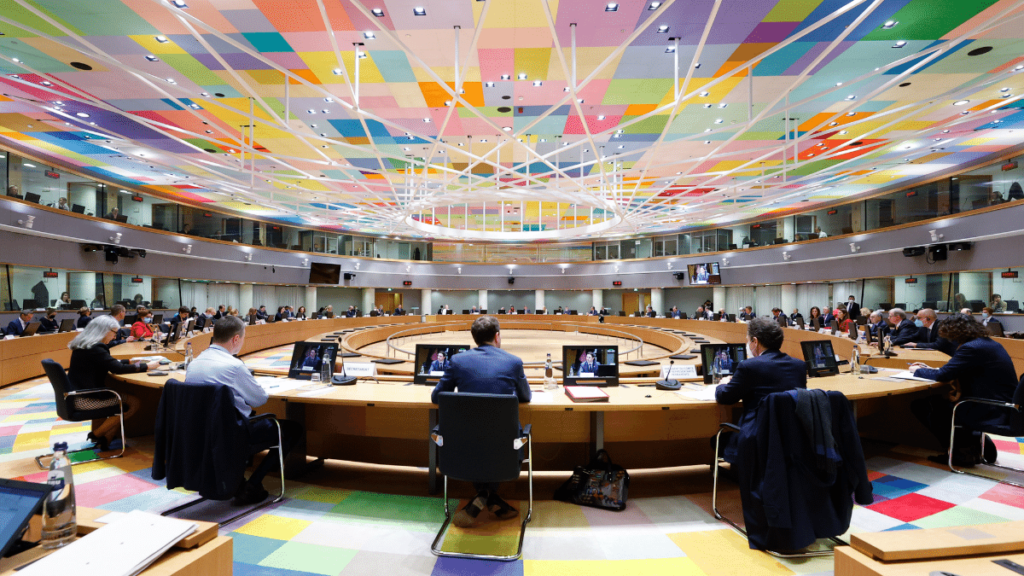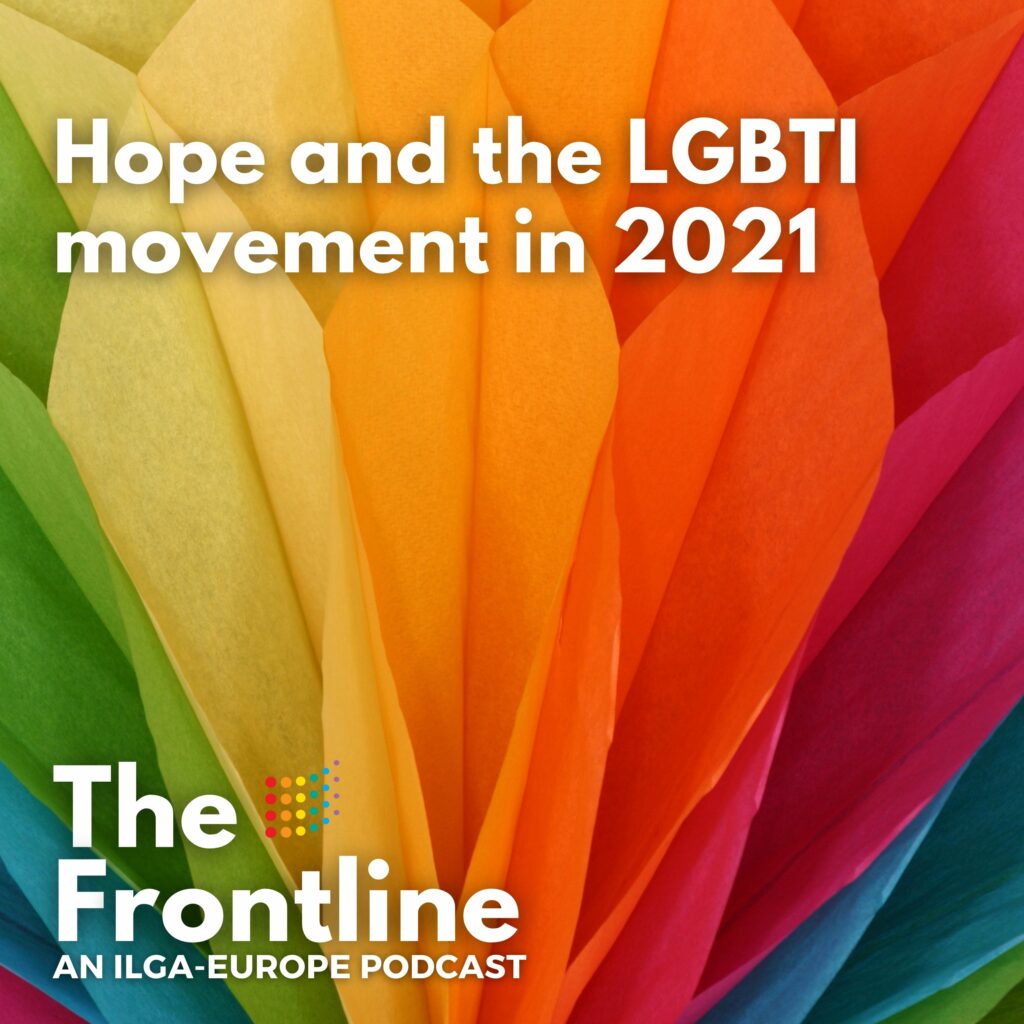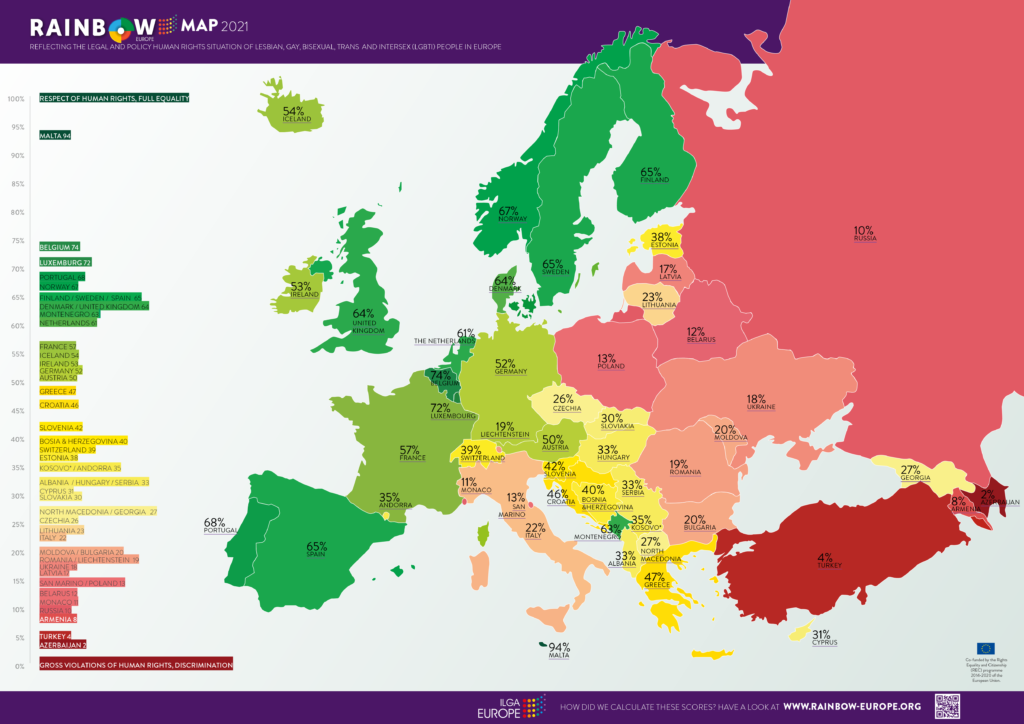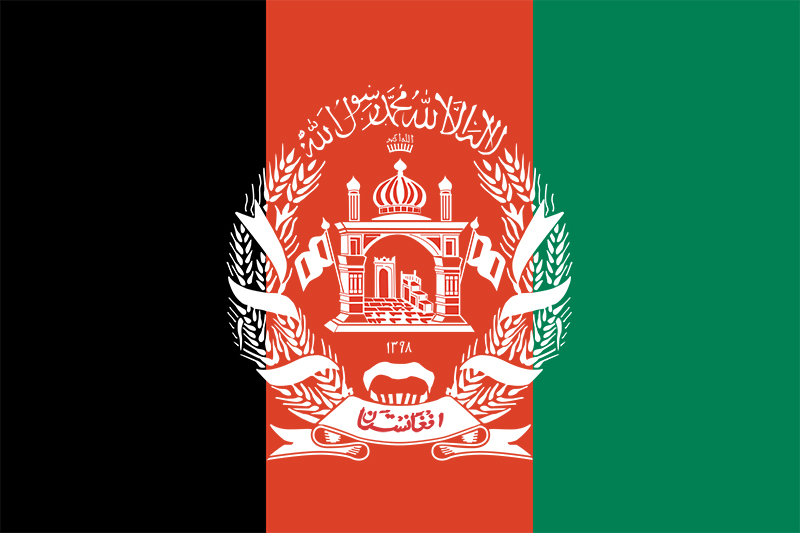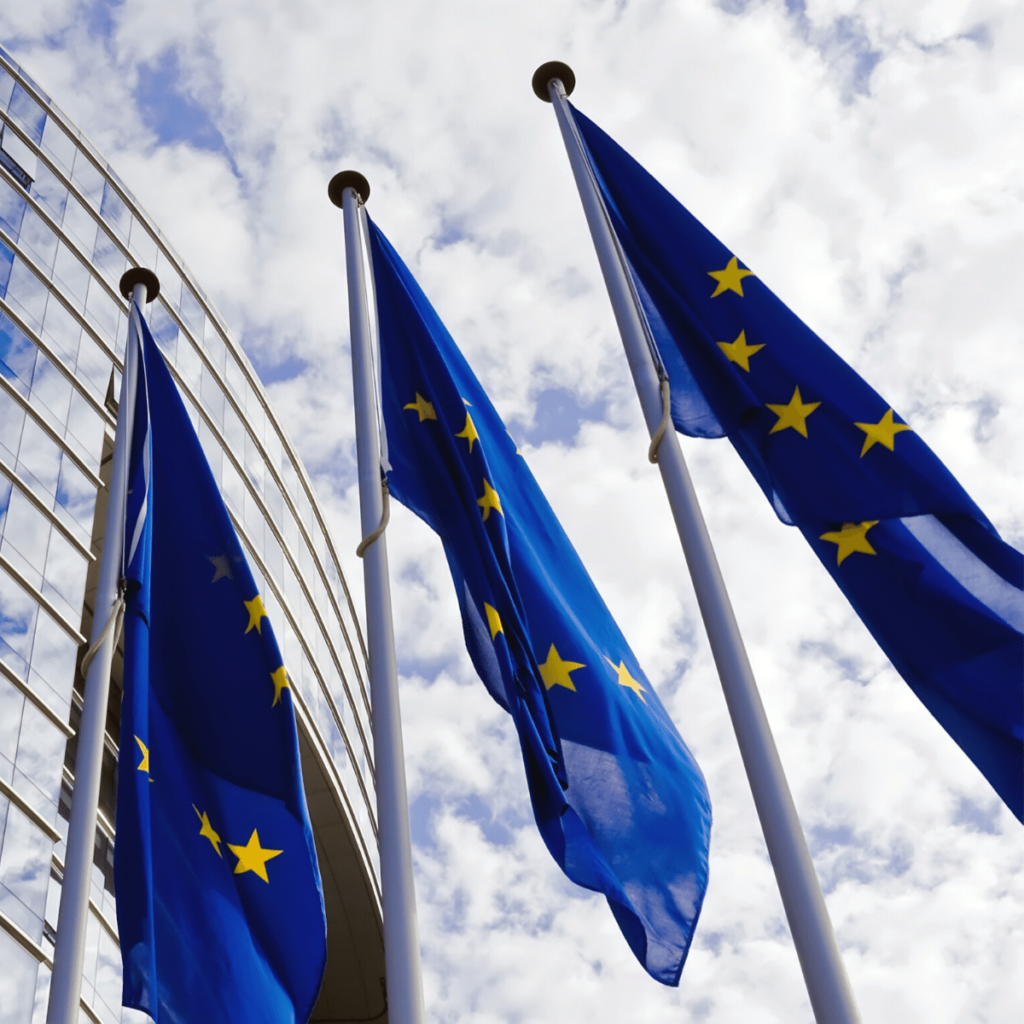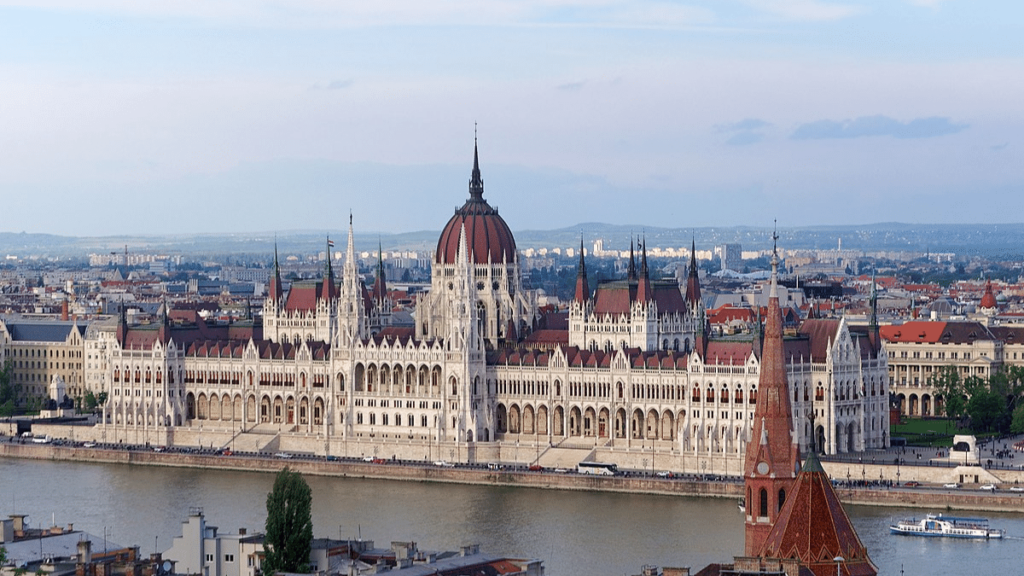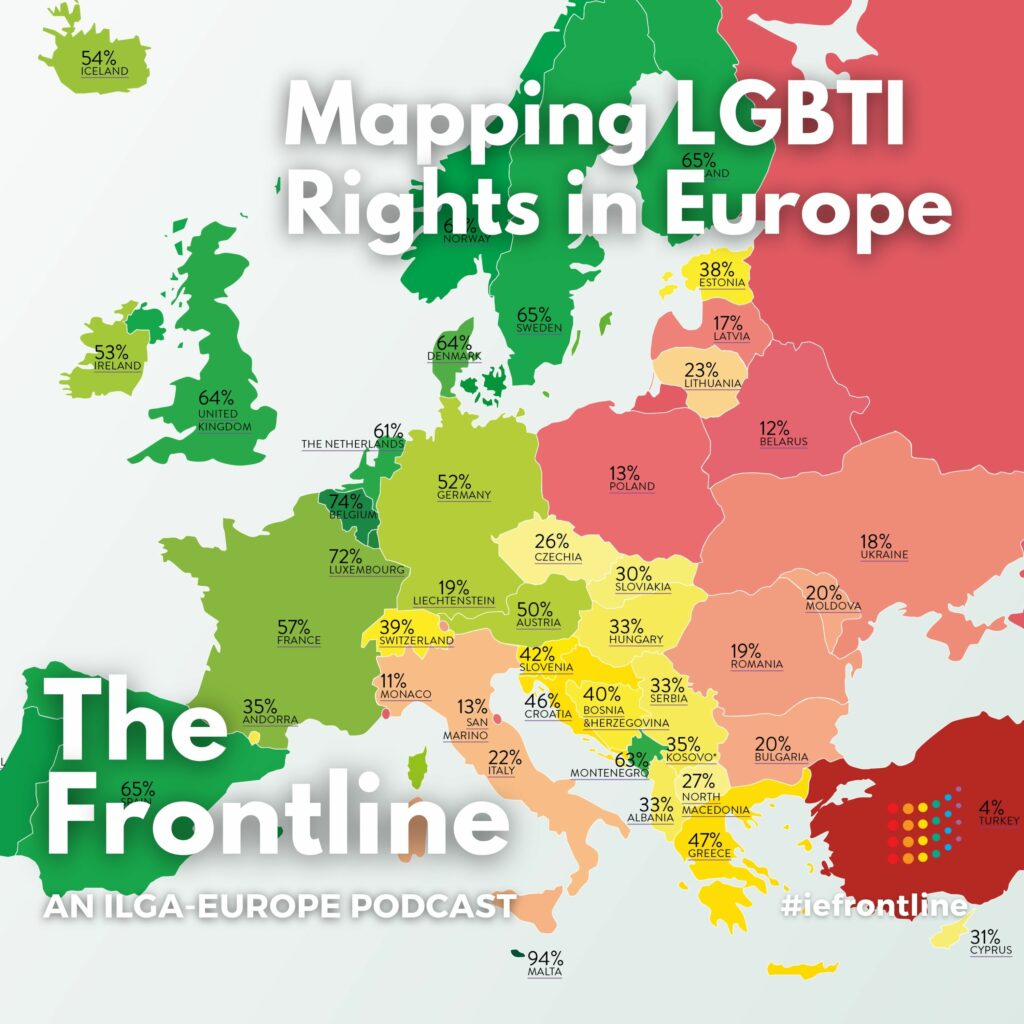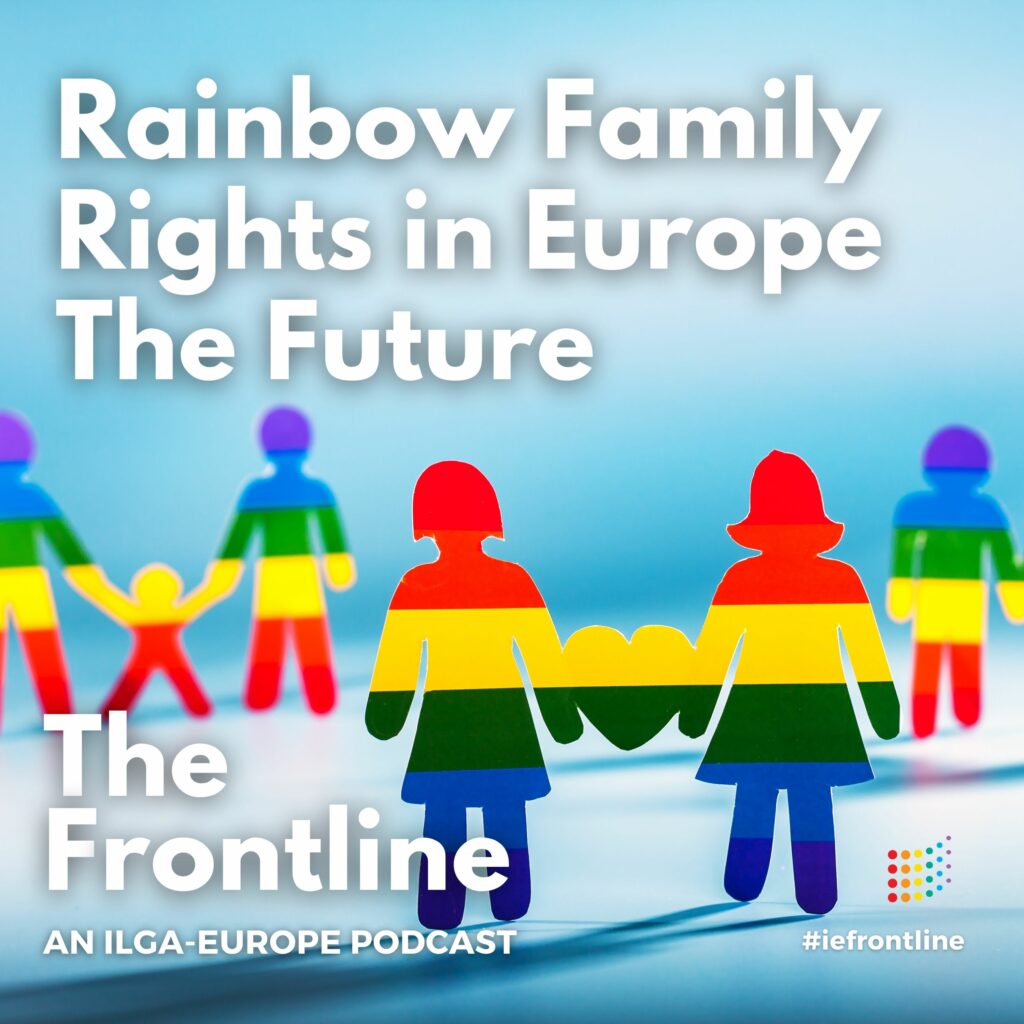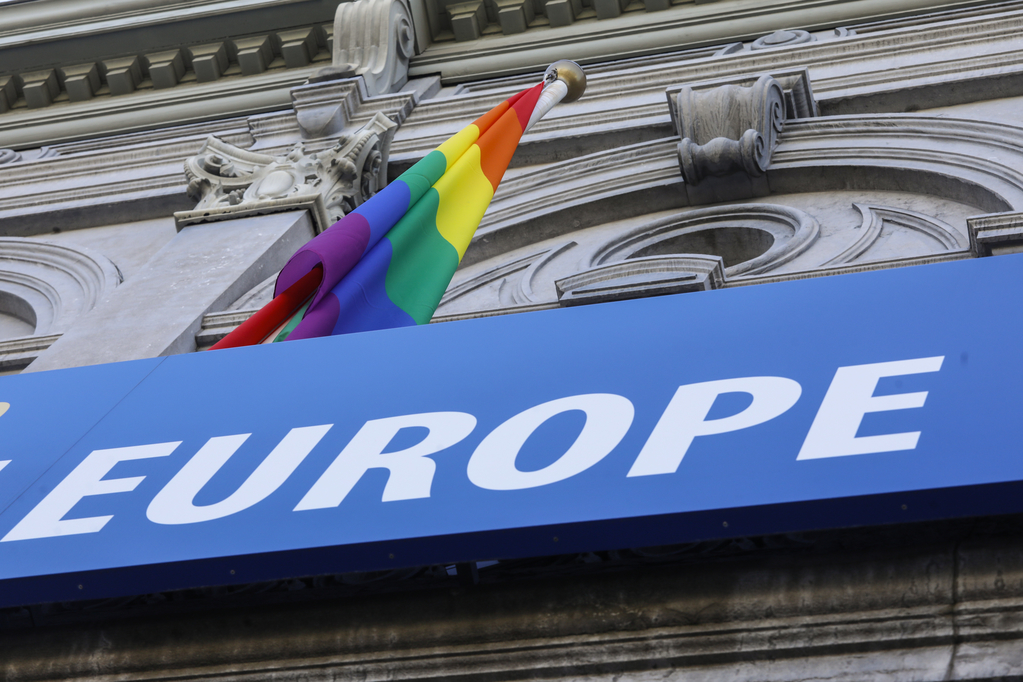Belgium
Categories Score
The full bar chart stands for 100%, and is filled by the country category score. The colour display uses the traffic light palette, with Green representing a score closer to 100% and Red a score closer to 0%.
ASYLUM
This category looks into laws that expressly include SOGISC as a qualification criteria for seeking asylum. We also take into account other legislation, policies, instruction or positive measures by state actors that are related to asylum addressing the needs and rights of LGBTI asylum seekers and refugees.
Criteria Compliance Ratio
Each pie charts stands for a category and is divided in slices by criteria. When a country complies with a criteria – fully or in some regions – the slice is coloured.
Keep in mind the criteria have different weighting factor within a category; for example, the criteria Prohibition of medical intervention without informed consent (intersex) stands for half (2.5%) of the INTERSEX BODILY INTEGRITY category weighting factor (5%). Meaning that even if a country can only comply with this specific criteria within the category (1/4 total criteria) the category scores 50%.
More information on the categories and criteria weighting factors here.
Category & Criteria Table
The table lists detailed information and insights on legislation supporting each criterion status. Please use the filters for in-depth analysis.
n/a = not applicable, meaning the criteria didn’t exist in the previous Rainbow Map edition (PROGRESSION column)
- Complies
- Applicable in some regions only
- Does not Comply
RECOMMENDATIONS
In order to improve the legal and policy situation of LGBTI people in Belgium, ILGA-Europe recommend:
- Prohibiting medical interventions on intersex minors when the intervention has no medical necessity and can be avoided or postponed until the person can provide informed consent.
- Increasing sentencing for hate crimes: advocating for judges to impose higher sentences for bias-motivated crimes based on sexual orientation, gender identity, gender expression, and sex characteristics as well as reforming Article 150 of the Constitution to bring bias-motivated crimes before a correctional court.
- Ensuring that legal gender recognition is accessible for all without age restrictions, and includes access for non-binary individuals.
Annual Review of Belgium
In our Annual Review of the Human Rights Situation of LGBTI People in Europe and Central Asia, we examine the advances made and provide concrete examples of on-the-ground situations at national level country-by-country in the 12 months from January to December 2024.
Read our Annual Review of Belgium below for more details and stories behind the Rainbow Map. You can also download the Annual Review chapter (.pdf) covering Belgium.
-
In September, the Committee of Ministers of the Council of Europe indicated that the Belgian authorities are struggling to provide dignified accommodations for people during their asylum procedures, forcing many to sleep on the streets. This situation particularly affects single men, including those from the LGBTI community. When asylum seekers do receive shelter, their basic safety needs—especially those of LGBTI people—are often inadequately addressed in the main reception centres.
Additionally, LGBTI asylum seekers frequently find themselves placed alongside individuals from their countries of origin, which can pose challenges as many have fled their home countries due to anti-LGBTI laws or hostile environments, making their circumstances in these communal settings more complex.
-
In April, a coalition of human rights organisations issued an open letter urging the revision of Article 150 of the Constitution. Article 150 of the Belgian Constitution notably governs the prosecution of “press offenses,” requiring that such cases be judged by a jury in a “court of assizes”, with the exception of cases of hate speech based on racism and xenophobia, which are handled directly by criminal courts. The proposal of the coalition aims to broaden the scope of the law by including LGBTI-phobic hate speech in the list of press crimes prosecutable by criminal courts, thereby subjecting it to the same legal framework that governs racist and xenophobic speech.
Leading up to the national and regional elections in June, Vlaams Belang, a political party in Belgium, actively promoted anti-LGBTI rhetoric through hate speech and bias-motivated discourse.
Party chairman Tom Van Grieken remarked that “LGBT rights are acquired rights” and stated that “Vlaams Belang does not believe that there are genders”. Van Grieken further justified ridiculing people for expressing their gender identity and asserted that proposals for legislative changes to gender markers in official documents should not be part of governmental discussions. In their program, Vlaams Belang articulated their opposition to what they termed “gender madness” in early education, specifically targeting toddler, primary, and secondary schools. In their 2023 brochure titled Cultuurstrijd (Culture Battle), they described the teaching of gender theories as “confusing, dangerous, and pedagogically irresponsible.”
-
According to European Union Agency for Fundamental Rights (FRA) LGBTIQ survey, in Belgium, 15% of LGBTI respondents reported being assaulted in the five years prior to the survey. Over the past year, 6% experienced assault, and more than half reported being harassed.
In May, the Brussels Criminal Court sentenced a man to one year in prison and to pay €5,000 in compensation for harassment with aggravating circumstances relating to discrimination against Samantha Warginaire, a trans woman from Brussels and candidate for regional elections.
In June, the Liège Assize Court handed Jérémy Davin a 30-year prison sentence for the homophobic killing of 43-year-old Mbaye Wade. Wade was fatally stabbed fifteen times at his residence on September 17, 2020, allegedly as an act of vengeance following a previous encounter. The aggravating circumstance of homophobia was retained by the jury against Davin, who identified as bisexual and was deemed by the court to have been influenced by ‘internalized homophobia’ in his actions.
In late August, Grindr issued a warning to its users about the risk of homophobic violence following a shooting in Ixelles. The incident, which left a 57-year-old man dead and his son and wife injured, occurred after the son was lured into a fake date arranged through the dating app, where the attackers had set up the meeting to ambush him. Several other complaints were lodged with the Brussels police regarding homophobic attacks.
According to Le Soir, the attacks followed a consistent pattern with victims being contacted through a popular dating app using a fake account to arrange meetings before ambushing them.
In September, the Bruges Criminal Court sentenced a couple to 15 years in prison for multiple terrorism-related offences. According to judge Amélie Van Belleghem, there were concrete and elaborate plans to carry out attacks in various locations in Antwerp, including the Jewish neighbourhood, an LGBTI bar, a police station, and a NATO building.
-
In January, a student at Université libre de Bruxelles publicly criticised the institution on social media following a transphobic incident in the Solbosch campus restrooms.
The student notably criticized an alleged gap between the university management’s declared commitment to trans rights and the actual experiences of students.
In May, the European Union Agency for Fundamental Rights (FRA) LGBTIQ survey published a report highlighting a troubling rise in school bullying towards LGBTI pupils, with 67% of Belgian respondents experiencing harassment or mockery.
-
In February, Belgium introduced a new Criminal Code that removes the distinction between discrimination based on ‘racial’ criteria and other grounds, including sexual orientation, in employment and goods and services. This means that discrimination against individuals based on sexual orientation is now treated with the same legal seriousness as discrimination based on race, ensuring equal protection under the law.
-
The legislation regarding surrogacy remains unclear, leading to discrimination against same-sex families, as the absence of a clear legal framework leads local administrations to employ different methods/practices concerning the registration of children born through surrogacy.
The current adoption procedure allows the child’s birth families to specify that they refuse their child to be adopted by same-sex couples, which constitutes clear discrimination.
-
In the Namur province, a new consultation service will be established by the Willy Peers centre to better support trans people undergoing transition processes. This initiative addresses the region’s previous lack of tailored support for trans people and aims to meet their specific needs by offering comprehensive care, including psychological, social, and medical support, with on-site hormonal treatment available for those who need it.
The city of Verviers, in collaboration with Maison Arc-en-Ciel de Verviers and the local associative network, has introduced its first free public sexual health products dispenser. The municipality plans to add ten more units throughout the city and nine additional locations across Wallonia to enhance accessibility.
At the end of 2023, the National Institute for Health and Disability Insurance (RIZIV) launched a call for hospitals to apply as centres for trans-specific care. Several gender-specific teams have already been established. This will make psychosocial support
more financially and regionally accessible.
-
In February, Ecolo-Groen submitted a proposal of a bill to protect intersex children from unnecessary medical interventions. The proposed legislation mandated that any treatment or procedure on individuals with variations in sexual characteristics must be preceded by explicit, informed consent from the person concerned, in line with patient rights. Nonetheless, the proposal did not make it to the parliament before the June election cycle.
In February, the Flemish Parliament voted unanimously to provide better support and care for intersex people by establishing a Flemish centre of expertise for intersex people capable of providing appropriate information, awareness-raising and training to professionals.
-
A survey conducted by the FRA on equality and non-discrimination for LGBTI people revealed persistent concerns about discrimination, harassment, and hate crimes. 11% of Belgian respondents had frequently or constantly contemplated suicide over the past year. Furthermore, 53% of respondents avoid public displays of affection like holding hands, and 27% steer clear of certain places due to fear of attack.
The Prisme Federation Association reported that in 2024, out of a total of 262 municipalities in Wallonia, only 113 participated in its yearly awareness campaign inviting the municipalities to raise the rainbow flag and distribute rainbow pins to their citizens.
The number showcased a slight reduction compared to 2023, when 144 out of the 262 municipalities took part in the initiative. Çavaria reported that, in Flanders, all municipalities raised the rainbow flag as part of an initiative of the ‘rainbow houses’ (LGBTI community Centres)
During 2024, the Transgender Infopoint at Ghent University Hospital carried out the third instalment of the Belgian TGNB Study, with the publication expected for 2025. This survey, commissioned by the Institute for the Equality of Women and Men, seeks to assess the current living conditions of trans and/or non- binary people and to identify their experiences of discrimination over the past two years.
-
The Belgian presidency of the EU Council organised an international conference on LGBTI rights in Brussels on May 17th.
-
A team from the Institut de la Décision Publique, in collaboration with the Prisma Federation and the Walloon Region, is conducting exploratory research on the risks of precarious health and housing for LGBTI people in Wallonia. The goal of the research is to assess the current situation in the region and to develop recommendations for improving the support provided by the Walloon public authorities in addressing the specific needs of LGBTI people.
-
The Belgian LGBTI organisations Prisme, Çavaria, and RainbowHouse Brussels received accreditation under a new framework introduced by the federal government. Accreditation is necessary for accessing subsidies. This accreditation follows a bill amending anti-discrimination legislation, which allows umbrella organisations and associations to apply for recognition every five years. The first accreditation cycle began on January 1, 2024, and will end on December 31, 2028.These organisations were recognised and can now apply annually for subsidies from the Minister (or the Secretary of State) to support their activities. The financial support is intended for the structural operation of the organisations and the implementation of work programs focused on federal policies to combat discrimination based on sexual orientation and gender identity.
The Institute for Gender Equality released an awareness-raising report to encourage trans and non-binary people to exercise their human rights by putting them in contact with competent actors and service-providers.
As part of the Walloon Plan for the inclusion of LGBTI people for 2022-2024, Wallonia launched an awareness campaign developed by the SPW IAS in close collaboration with the Prisme Federation on the discrimination and violence experienced by LGBTI people. The campaign aimed to highlight many organisations and support structures available for victims or witnesses of violence or discrimination based on sexual orientation, gender identity, or expression.
In May, in celebration of the IDAHOBIT, the Museum of Walloon Life launched a collection of objects, archives, photos, and testimonies related to the history of LGBTI movements in Wallonia. This social history museum committed to tracing the evolution of Pride marches, queer culture, sexual orientations, and gender identities within its collections.
-
(See more under ‘Family’)
-
In September, the Université Libre de Bruxelles released the findings of their 2023 Report on Anti-Gender Campaigns in Belgium, highlighting a trend of anti-LGBTI rhetoric and bias- motivated violence across Belgium. The report detailed how opposition to sex education and LGBTI topics has intensified, resulting in demonstrations, media interventions, lobbying and even political vandalism.
In July, Vice-Prime Minister David Clarinval took to social media to endorse a book noted for its conspiratorial, hateful, and unscientific ideological remarks against trans and non-binary people.
-
Circular COL13/2013 setting out guidelines for public prosecutors, labour auditorates, police forces and inspectorates was amended in March. The reviewed Circular improves the recording of complaints relating to discrimination thanks to a new classification system that identifies several social phenomena to which offences may be linked, including homophobia.
The full Annual Review for 2025 is available here.

